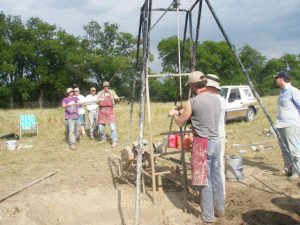
Agriculture
January 30, 2024
Baptist Drilling Method
Read SolutionImplemented by
Arrakis
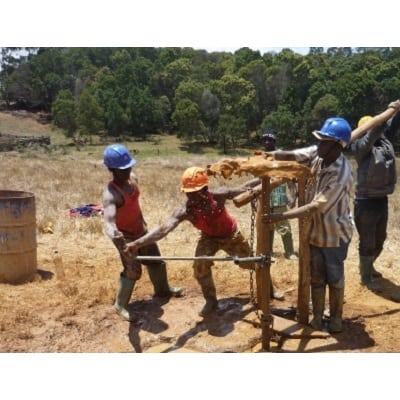
Updated on January 10, 2024
·Created on August 27, 2015
Southern Highlands Participatory Organisation (SHIPO) Tube Well drilling is a manual drilling technique that combines percussion, sludging and jetting.
SHIPO Tube Well Drilling is a labor-intensive Baptist drilling technique combining percussion, sludging and jetting techniques. It is supported and operated by a local Tanzanian NGO called Southern Highlands Participatory Organisation (SHIPO). To date, 300 wells up to the depth of 45 m have been dug by applying this method, which is further combined with locally produced rope pumps. SHIPO claims to be cheaper than traditional and machinery methods of borehole drilling because it can be operated by local people and the materials for the manual drilling and rope pumps can be acquired locally.
The cost of a complete SHIPO drill set to drill holes up to 40 meters deep is 500 USD. The cost of a hand-drilled well and a pump can go up to 1,500 USD for a community of 150 people.
Target SDGs
SDG 6: Clean Water and Sanitation
SDG 1: No Poverty
Market Suggested Retail Price
$500.00
Target Users (Target Impact Group)
Community
Distributors / Implementing Organizations
This product is being implemented by the Southern Highlands Participatory Organisation (SHIPO), a Tanzanian Non-Governmental Organisation (NGO) based in Njombe, Tanzania.
Competitive Landscape
Direct competitors include The Village Drill.
Countries
Angola, Burkina Faso, Congo (Brazzaville), Malawi, Mozambique, Tanzania, Zambia, Zimbabwe
Manufacturing/Building Method
This product is built on-site with locally sourced construction materials. The drills are assembled by SHIPO trained technicians. For building a pump or drilling a borehole, SHIPO employs coaches who are normally selected from the community.
Intellectural Property Type
Trade Secret
User Provision Model
Village communities and families can get SHIPO drill installed via trained and certified local SHIPO dealers.
Distributions to Date Status
As of 2020, 800 tube wells (depths 20-48 m) have been drilled in Tanzania, Malawi, and Mozambique.
Borehole size (cm)
15
Maximum well depth (m)
60
Drilling speed (m/day)
15
Materials included
Spade, hacksaw, wrenches, rope and pulley, plastic pipes, steel drill pipe, drill bits for different ground layers, reamer bits, fish tools, and a soil punch.
Expertise and additional materials required
Unknown
Project time (hrs)
170
Design Specifications
The SHIPO drill is based on the Baptist Drilling method developed by Terry Waller of Water for All in Bolivia in 1993. The drilling process is continuous and the drill bit is normally not removed from the borehole until it is finished. Any broken material is pumped to the surface in the drilling liquid (mud). The borehole diameter is kept as small as possible in order to remove a minimum of material. Percussion action is performed by lifting the drill stem with a rope over a pulley, attached to a simple derrick, made with whatever available that is usually either wood or bamboo poles. The main drill tool consists of a length of metal pipe with an open drill bit combined with sludging. Extensions are standard PVC potable water pipes. No temporary casing is used. Drilling speed is variable with different soil conditions and crews, but over 15 m per day have been obtained in favorable conditions.
Specifications:
Casing diameter range is 2 to 6 inches
Equipment length: 3 m
Estimated weight of Rota sludge: < 200 kg
SHIPO method (Baptist drill) is estimated to have max weight: 100 kg
Technical Support
SHIPO trained technicians provide support.
Replacement Components
Drill components are locally sourced and thereby readily available.
Lifecycle
Unknown
Manufacturer Specified Performance Parameters
Manufacturers specify a maximum drill depth of 60 meters deep.
Vetted Performance Status
Unknown
Safety
Some of the safety measures users must consider while using such hand drilling methods include:
Roping off the job site to notify bystanders from wandering around the drilling site.
Avoiding rusty pipes and drill bits that can cause infection to preexisting cuts.
Replacing the thread protector caps before storing pipe in a trailer.
Complementary Technical Systems
Rope pumps for extracting water.
Academic Research and References
Henk Holtslag & Walter Mgina, 2014, ST 1.2.1 SHIPO DRILLING, Foundation Connect International
Holtslag, H.,2016,7th Rural Water Supply Network Forum,Cote d’Ivoire ,Water for Everyone, Six simplified ideas to reach SDG6 in Rural areas. <sup>Peer reviewed</sup>
Holtslag, H. and McGill, J., 2018. The SMART approach: a solution for the hard to reach?.
Danert, K.,2015, Manual Drilling Compendium, Rural Water Supply Network Publication, 2. <sup>not peer-reviewed</sup>
“Home Page,” SHIPO | Southern Highlands Participatory Organization, 11-Apr-2020. Available: https://shipo.or.tz/
“SHIPO Well Drilling,” empowering people. Network, 27-Jan-2021. Available: https://empowering-people-network.siemens-stiftung.org/solutions/shipo-well-drilling/
“Competitive landscape,” Made-in-China.com. Available: https://hengwang.en.made-in-china.com/product/OvInCPsHnDRa/China-Diesel-Engine-Portable-Water-Well-Drilling-Rig-Machine-Price.html
“Goal 6,” Sdgs.un.org. Available: https://sdgs.un.org/goals/goal6
W. M. Advisor, S. Smart, and C. Tanzania, “Distribution to date,” WordPress.com. Available: https://rwsnforum7.files.wordpress.com/2016/11/full_paper_0098_submitter_0145_holtslag_henk.pdf
“Implementation • Handpump Technology,” Rural-water-supply.net. Available: https://www.rural-water-supply.net/en/implementation/manual-drilling/baptist-drilling
“Baptist well drilling,” Wikipedia, The Free Encyclopedia, 21-Jun-2018. Available: https://en.wikipedia.org/w/index.php?title=Baptist_well_drilling&oldid=846840683
Henk Holtslag and W. Mgina, “ST 1. .1 SHIPO DRILLING,” WordPress.com. Available: https://sistemasdeaguaysaneamientoparaeldesarrollo.files.wordpress.com/2015/05/st-1-2-1-shipo-drilling-vrs-2-03-2014.pdf
L. S. Drills, “Safety Steps For Drilling Water Wells,” Lone Star Drills, 13-Nov-2015. Available: https://www.lonestardrills.com/8-safety-steps-for-volunteers-drilling-water-wells/
L. S. Drills, “Lone Star Drills | operation of the LST1+ part 2: Prepare to drill a water well,” 05-Aug-2013. Available: https://www.youtube.com/watch?v=kSR7sP2_g7g
“Akvo RSR,” Akvo RSR. Available: http://rsr.akvo.org/en/organisation/57/
Jacana Business Empowerment, “Tutorial manual borehole drilling, SHIPO method,” 26-Nov-2018. Available: https://www.youtube.com/watch?v=UvKsmuwSi9o
Compliance with regulations
SHIPO does not reference any regulations related to manual drilling.
Evaluation methods
Unknown
Other Information
SHIPO ensures the long-term sustainability of its projects by combining infrastructure with thorough training and education, and also by working in close cooperation with local authorities and leaders.

Agriculture
January 30, 2024
Implemented by
Arrakis
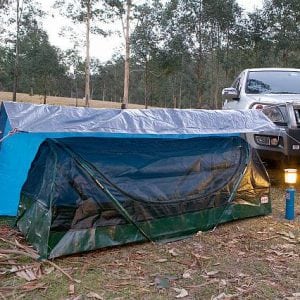
Agriculture
February 29, 2024
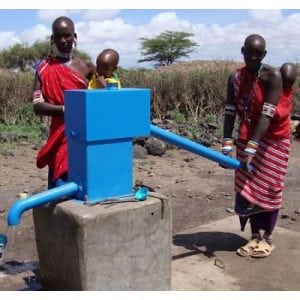
Agriculture
December 26, 2023
Implemented by
BOODE Inc
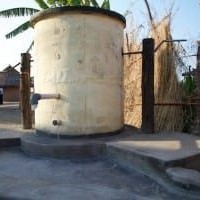
Agriculture
December 26, 2023
Implemented by
Pump Aid
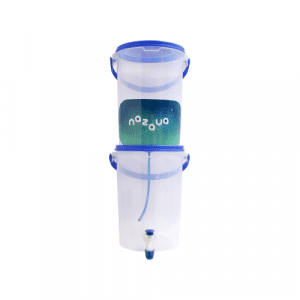
Agriculture
December 7, 2023
Implemented by
Nazava
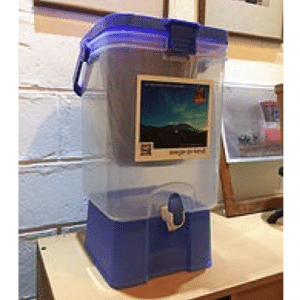
Agriculture
December 13, 2023
Implemented by
Yayasan Tirta Indonesia Mandiri
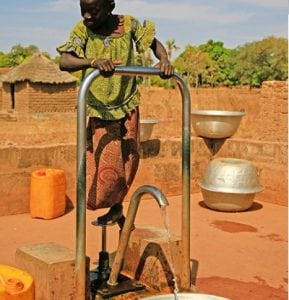
Agriculture
December 27, 2023
Implemented by
Vergnet-Hydro
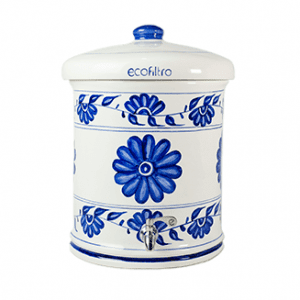
Agriculture
December 7, 2023
Implemented by
Ecofiltro
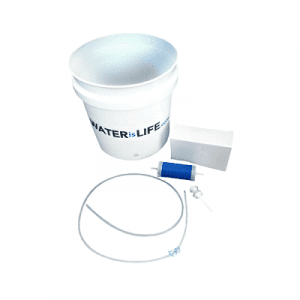
Agriculture
January 2, 2024
Implemented by
Water is Life
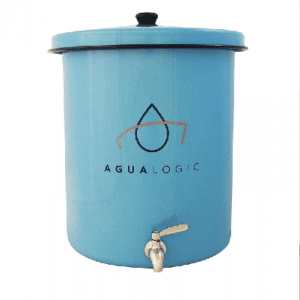
Agriculture
December 7, 2023
Implemented by
Agualogic
Have thoughts on how we can improve?
Give Us Feedback